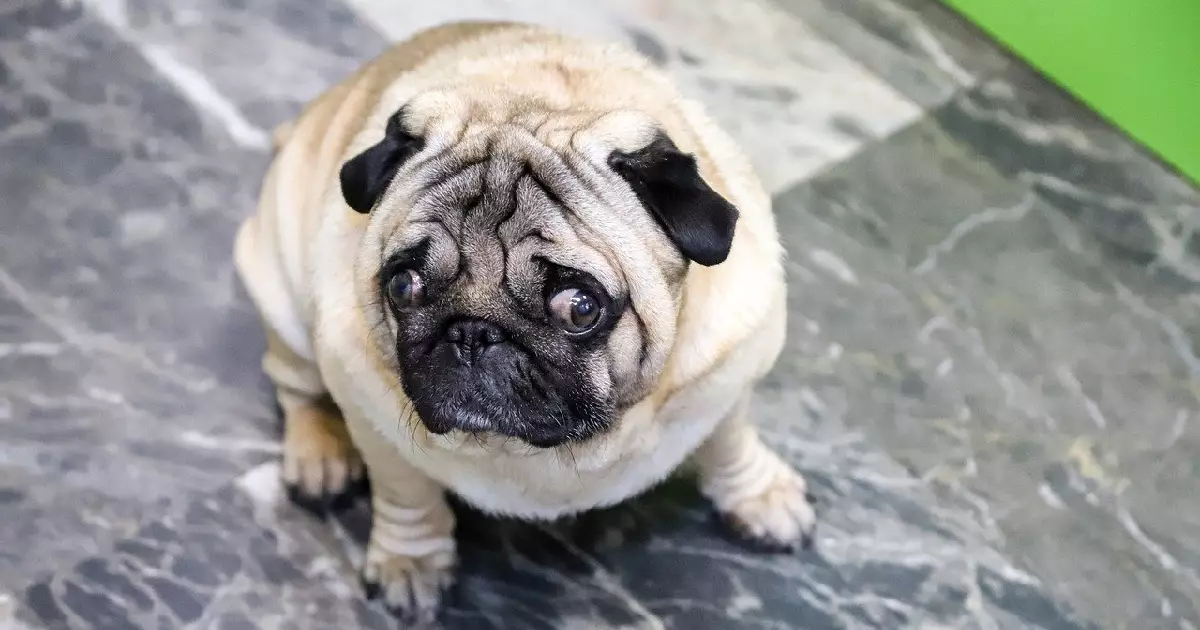As devoted dog owners, we often marvel at the quirky behaviors our furry friends display. However, one of the more puzzling habits is the infamous act of butt licking. While some might view this as a standard grooming behavior, it can also signal underlying issues, particularly related to the anal glands, each dog has two small sacs located on either side of the rectum that secrete a potent fluid. While you might think of it as a normal part of doggy life, this habit sometimes masks discomfort or health concerns, making vigilance indispensable for any concerned dog parent.
What Motivates This Behavior?
Licking is primarily a self-cleaning mechanism. Just as humans might reach for a toothbrush, dogs lick their rears to maintain freshness. Yet, if your dog seems particularly fixated on this act, it implies more than just a cleanliness routine. Dogs display this compulsive behavior due to irritation or pain, often resulting from anal gland issues. If you observe a dog licking profusely, it may point towards an obstruction or infection in these glands. Instead of merely accepting this behavior as benign, pet owners should be proactive in discerning the potential causes behind this distinct acting out.
Additionally, butt scooting is another telltale sign that shouldn’t be dismissed lightly. When a dog drags its rear across the ground, it’s usually a sign of discomfort rather than a quirky habit. Although some might scoot momentarily as a part of their regular exploration, persistent scooting typically indicates an urgent need for attention, whether linked to anal glands, dermatological issues, or even parasites. It’s essential to recognize that these behaviors may arise from multiple sources, necessitating a comprehensive approach to diagnosis.
Glandular Grievances: Signs and Symptoms
Understanding the signs your dog displays is crucial for engaged pet ownership. While a dog may occasionally lick or scoot without a legitimate problem, an increase in frequency or intensity is a red flag. If your canine companion seems distracted by its rear or frequently becomes startled or fixated on that area, it signifies discomfort, likely due to pressure or pain. The nerves clustered within that region are sensitive—dogs have good reason to pay attention when something feels off!
Take note of any pronounced odors as well. An abnormal, foul smell emanating from your dog, particularly if it appears in moments distinct from defecation, can indicate anal gland issues reaching a critical point. Normal anal gland expressions occur during bowel movements; any deviation from this may merit a veterinary consultation. If your pooch releases a strange, fishy odor, it’s a clarion call that requires immediate attention.
Veterinary Vigilance: Seeking Professional Help
Dog owners must resist the urge to self-diagnose or treat these conditions at home. Attempting to express anal glands without professional guidance might exacerbate the situation, potentially driving infection deeper or causing unnecessary pain for your dog. Instead, prioritize your pet’s health by channeling any concerns toward a qualified veterinarian. They possess the essential expertise required to assess and treat these challenging conditions safely and effectively.
Veterinarians can determine whether a dog’s licking issues stem from infection or other underlying conditions. From simple anal gland expressions to potential abscesses requiring more immediate action, their guidance is vital in preserving your dog’s comfort. Early intervention can serve to alleviate pain and prevent more extensive problems that may lead to costly treatments down the line.
The Importance of Wellness and Peace of Mind
As dog owners, our primary focus should be enjoying the unlimited companionship our pets provide. Concurrently, ensuring their health and well-being brings peace of mind for both parties involved. Recognizing the seriousness of unusual licking behaviors or the telltale signs of discomfort is the hallmark of a responsible pet parent. While these habits are often trivialized, they can lead to significant distress and require urgency.
Moreover, supporting your dog emotionally through the process, whether it is seeking veterinary care or simply offering comfort, plays a vital role in maintaining a healthy and loving bond. We owe it to our canine companions to keep an eye out for their well-being, ensuring they live a long, happy, and healthy life full of tail wags, slobbery kisses, and the joy only a dog can bring.

